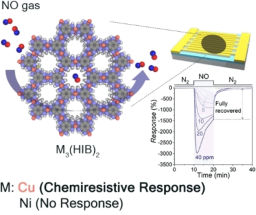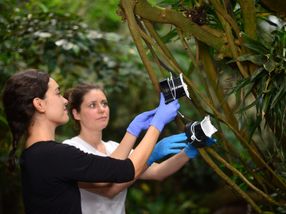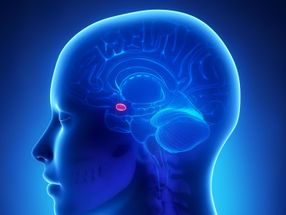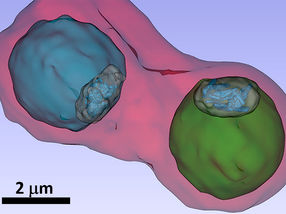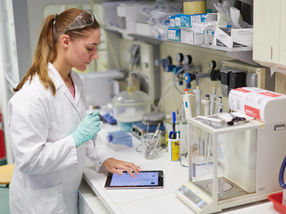Light-controlled molecules: Scientists develop new recycling strategy
Discovery lays the foundation for recycling of yet non-recyclable plastics
Robust plastics are composed of molecular building-blocks, held together by tough chemical linkages. Their cleavage is extremely difficult to achieve, rendering the recycling of these materials almost impossible. A research team from the Humboldt-Universität zu Berlin (HU) developed a molecule, which can drive or reverse specific chemical reactions with light of different colors. This enables making and breaking of connections on the molecular scale, even if they are exceptionally strong. The discovery paves the way for the development of novel recycling methods and sustainable materials. Light-driven recovery of individual molecular building-blocks has great potential to enable recycling of yet non-recyclable plastics without compromising on color, quality, or shape.
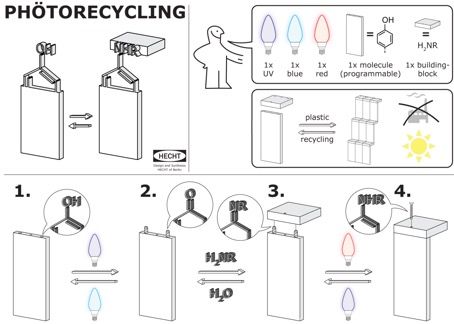
A programmable molecule in combination with a specific light sequence allows for bond formation (UV and red light; 1. to 4.) or scission (UV and blue light; 4. to 1.) with molecular building-blocks.
Michael Kathan
“The working principle of our system is quite similar to the one of ready-to-assemble furniture” explain Michael Kathan and Fabian Eisenreich, the two first authors of this study. “We are able to repetitively assemble or disassemble molecular architectures, but instead of a hammer and screw-driver, we use red and blue LEDs as tools to control our molecules.”
Original publication
Other news from the department science

Get the chemical industry in your inbox
By submitting this form you agree that LUMITOS AG will send you the newsletter(s) selected above by email. Your data will not be passed on to third parties. Your data will be stored and processed in accordance with our data protection regulations. LUMITOS may contact you by email for the purpose of advertising or market and opinion surveys. You can revoke your consent at any time without giving reasons to LUMITOS AG, Ernst-Augustin-Str. 2, 12489 Berlin, Germany or by e-mail at revoke@lumitos.com with effect for the future. In addition, each email contains a link to unsubscribe from the corresponding newsletter.
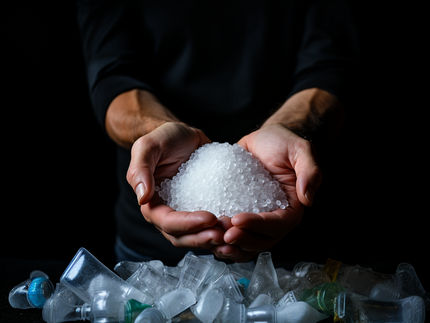








![[Fe]-hydrogenase catalysis visualized using para-hydrogen-enhanced nuclear magnetic resonance spectroscopy](https://img.chemie.de/Portal/News/675fd46b9b54f_sBuG8s4sS.png?tr=w-712,h-534,cm-extract,x-0,y-16:n-xl)
